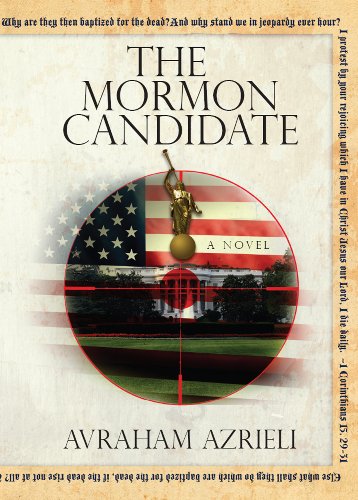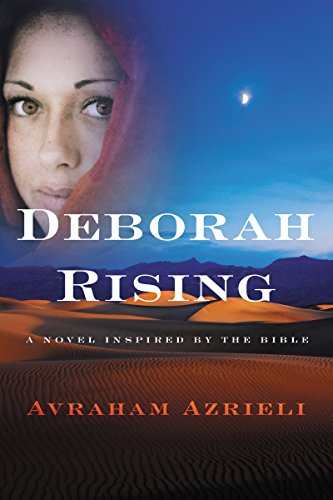Anthony Hopkins Turns 402 Years Old! February 10, 2019
Posted on Feb 11, 2019 in BLOG | Comments Off on Anthony Hopkins Turns 402 Years Old! February 10, 2019Hi Everyone,
Last week I wrote about the curious common denominators in my three favorite activities: riding, running, and writing. There is, however, one important difference: the future.
Riding and running are of the moment. Whether I’m strapping on the helmet or lacing up the sneakers, there’s the expectation of joy – tangible, physical, sensory experience that lasts as long as the activity (with lingering sense of achievement and a few muscle aches). Writing is equally a tangible, physical, sensory experience, but it has a long-lasting virtue that goes beyond my own individual involvement.
I was reminded of this aspect while reading a fascinating interview with Yngve Slyngstad, CEO of Norway’s sovereign wealth fund (the world’s largest). Explaining the three purposes for the fund’s existence, Mr. Slyngstad went through the first two (stabilize oil revenues and maintain reserve funding), but emphasized the third: Generational fund:
“That’s probably the most important part. We generally believe—at least this is the construct—that there’s no one in our generation who has any specific entitlement to the revenue stream of the North Sea just because the revenue is coming in our generation. It is wealth that was there a long time before this generation existed, and it’s wealth that we should protect for our grandchildren and their grandchildren.”
Admittedly, a trillion dollars is stunningly tangible, but Mr. Slyngstad’s words, I feel, also apply to creative endeavors in general and, in my case, to writing novels and screenplays. Take, for example, the longevity of stories told in the Bible and Greek mythology, or the still best-selling Tale of Two Cities by Charles Dickens, The Hobbit by J.R.R. Tolkien, and Harry Potter by J.K. Rowling. And there is King Lear, a stage play William Shakespeare wrote in 1606, which has been performed, viewed, and read by every generation since then, most recently adapted for modern viewers in a 2018 film staring Anthony Hopkins as the title character – which in a way makes our generation’s most beloved actor 402 years old!
Clearly, people love good stories and keep telling them, one generation to the next. Admittedly, reading books these days has taken a second seat to watching actors on screens, fueled by the advent of limitless video streaming of lifelike action. (At the same time, the technological revolution also created a terrific market for electronic books, which endowed the joy of reading with immediate delivery, quality ratings, and endless choices. My novels, in fact, sell in e-book format 90% of the time.) The next phase, which is already taking hold, allows for active viewer participation in stories weaved into video games and virtual reality technology, which promises an ever-rising sensory immersion and active participation.
Notwithstanding the medium of delivery, a good story (like a good actor) will always find a passionate audience. That’s why I believe Mr. Slyngstad’s words apply to all good stories – the classics and those written today – as they are another form of “wealth that we should protect for our grandchildren and their grandchildren.” Perhaps I’m being presumptuous, but this idea motivates me to go on writing novels, empowered by the aspiration to stimulate my current and future readers, viewers, players, and whatever new medium comes around to reenergize the art and joy of storytelling for future generations.
Have a great week,
Avi.
Avraham Azrieli














